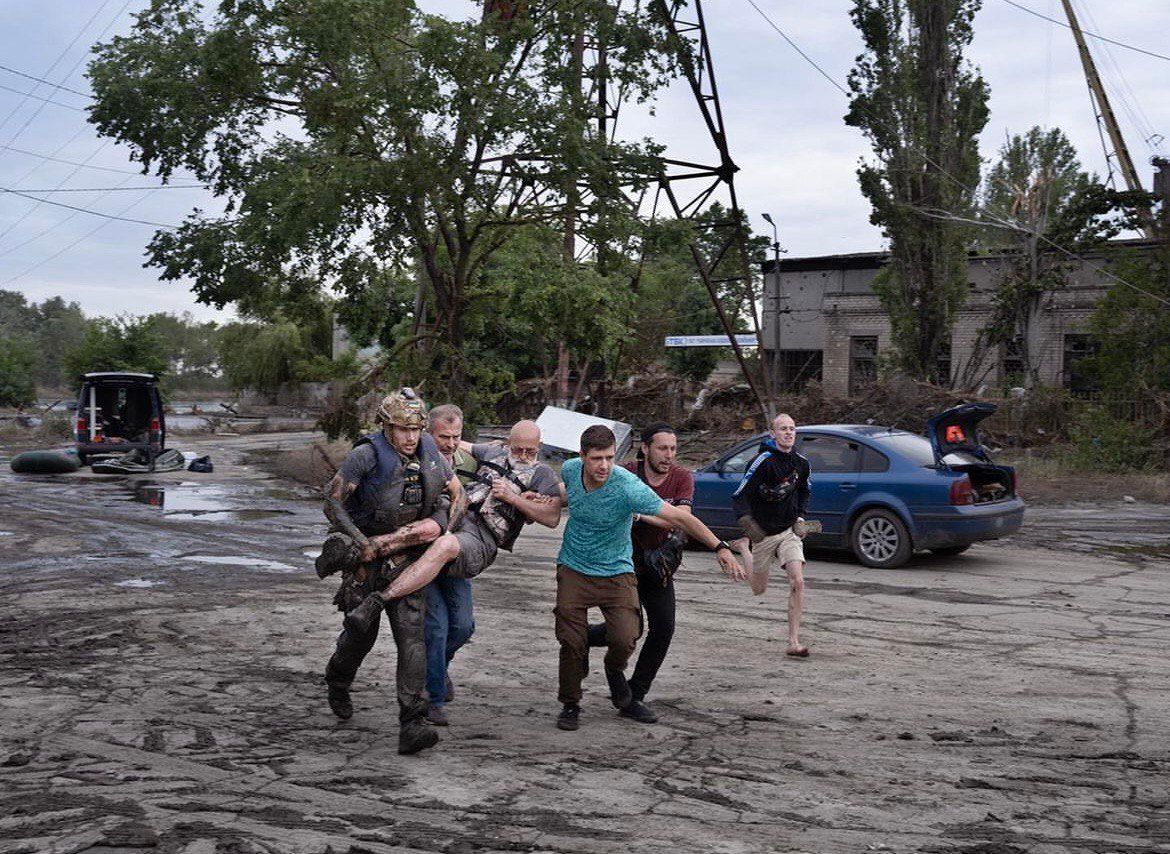UN rejects Russia's claims on Olenivka prison massacre

U.N. High Commissioner for Human Rights Volker Turk rejected on July 25 Moscow's claims that Ukrainian prisoners of war who died in the Olenivka massacre were killed by a Ukrainian HIMARS strike.
"While the precise circumstances of the incident on the night of 28-29 July 2022 remain unclear, the information available and our analysis enable the Office to conclude that it was not caused by a HIMARS rocket," the statement said.
The international body noted that Russia did not provide assurances about secure access to the site but the U.N. agency will nevertheless continue to follow up on the incident.
"The prisoners of war who were injured or died at Olenivka, and their family members, deserve the truth to be known, and for those responsible for breaches of international law to be held accountable," the U.N. human rights chief commented.
Between July 28 and 29, 2022, an explosion in Russian-occupied Olenivka, Donetsk Oblast killed over 50 Ukrainian prisoners and injured 75 more. Kyiv called this a deliberate Russian war crime.
Ukrainian authorities said that days before the attack, Russians singled out Ukrainian members of the Azov Regiment, who were captured in Mariupol and were awaiting a prisoner exchange, to a separate part of the prison building – the one that was destroyed.
According to Kyiv, Russia either hit the prison with artillery or blew it up from inside. Ukraine's Prosecutor General's Office said that Russia likely used a thermobaric munition at the Olenivka prison.
Russia has accused Ukraine of attacking the prison with HIMARS, a high-precision rocket system.
The U.N. launched a fact-finding mission to uncover the circumstances of the massacre but disbanded it in January 2023 "in the absence of conditions required for the deployment of the mission to the site."
On Jan. 12, Kyiv informed that it retrieved the bodies of 54 prisoners killed in the Olenivka massacre in a transfer mediated by the International Committee of the Red Cross.













